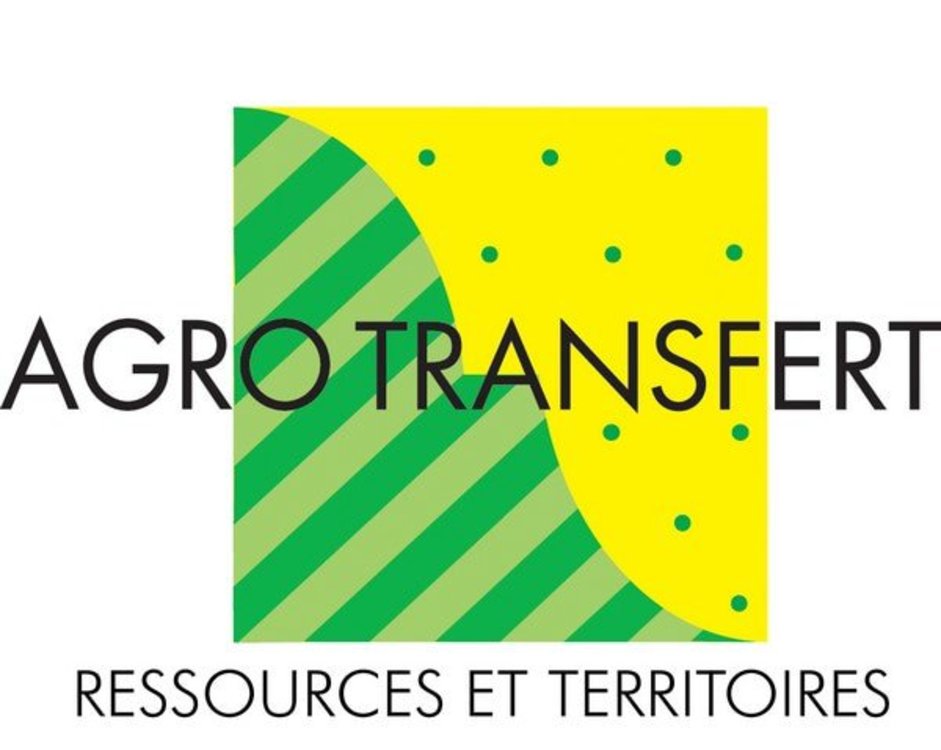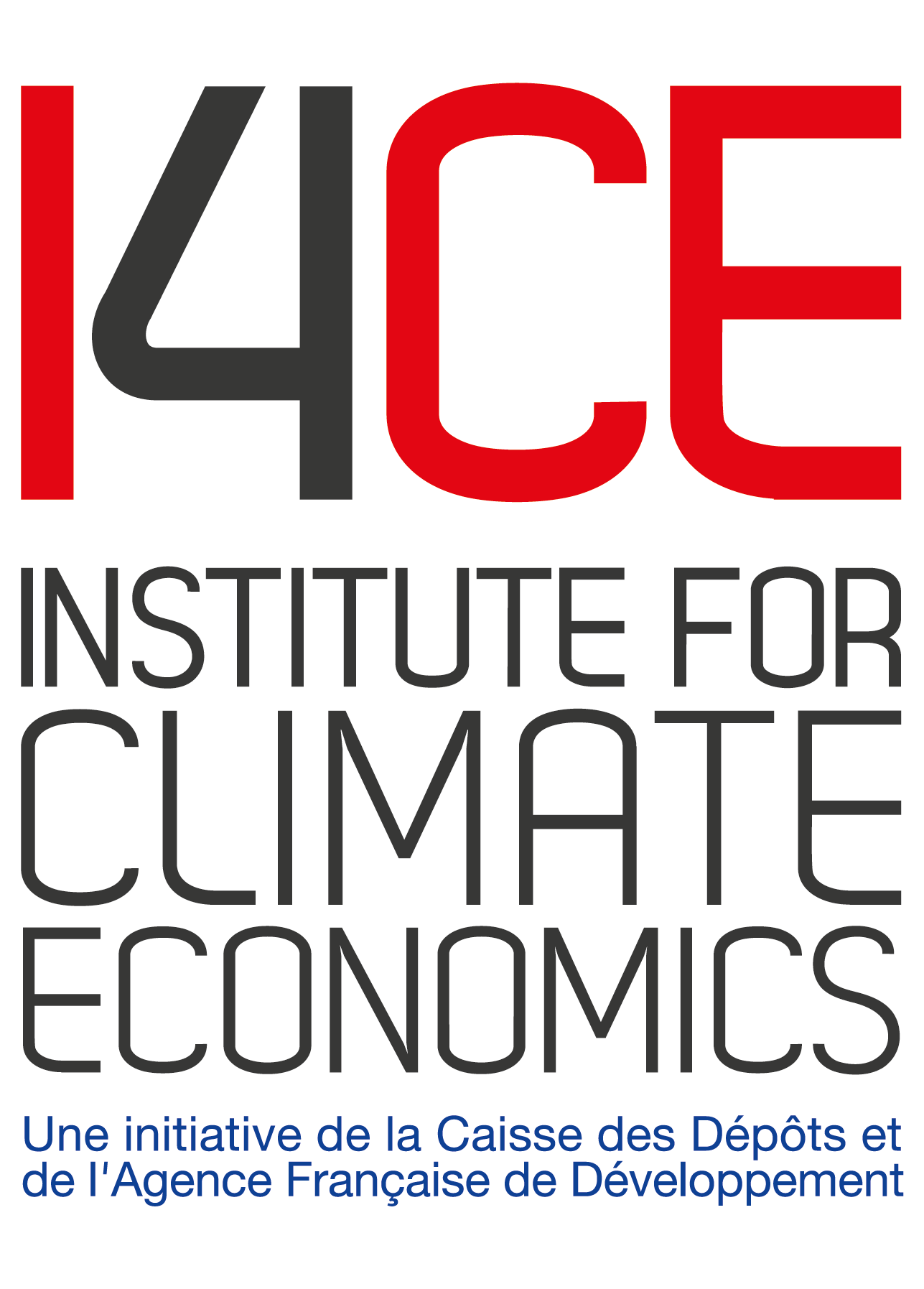Carbon Farming : Experimenting Soil Carbon Sequestration Deployment in Farming Systems .

Carbon Farming: Experimenting Soil Carbon Sequestration Deployment in Farming Systems
Soils have a huge potential to help address climate change and make progress towards a carbon neutral or carbon negative agriculture sector.
The Carbon Farming project aims to tap this potential by scaling up and consolidating “transformative cases” that include co-designing solutions with local stakeholders, developing monitoring and certification tools and the identification of scaling up mechanisms for Soil Carbon Sequestration (SCS). The project started in 2019 with committed demand owners from 2 transformative cases in France and Switzerland where low carbon agri-food chains are being developed. In 2020, based on initial lessons , it started scaling up these transformative cases and selected 2 additional ones in Sweden and The Netherlands.
The objectives of the Carbon Farming programme are to scale up and consolidate these transformative cases by defining transition requirements at farm and landscape levels to sequestrate more carbon in agricultural soils, by co-designing solutions with local stakeholders, by monitoring and certification of soil carbon sequestration and by developing scaling out mechanisms for agricultural Soil Carbon Sequestration (SCS).
Outcomes
The outputs of this project are:
- 4 success stories showing transformed ecosystems generating soil carbon sequestration and profits for value chain actors
-The development of an Algorithm Theoretical Basic Document for SAFYE CO2 model and a html guide for the use of model
-The improvement of SAFYE CO2 model TRL up to 6 and its deposit at Toulouse Tech Transfer to better organize requests and access to the model by all sectors
-The development of guidance for the development of carbon farming budget (analysis of risks and/or missing elements to implement such projects, share of guidelines for agribusinesses on financing low-carbon projects in their value chain and different types of approaches to carbon project funding)
-The creation and development of the Soil carbon Farming (SCARF) Network which contributes to the dissemination of the learnings of this project. The project outputs and legacy will be disseminated through a powerful network of associated initiatives at global (e.g. 4per1000 initiative) and European levels, and through other on-line communities of stakeholders.
Dissemination of project results
The project outcomes and legacy will be disseminated through a powerful network of associated initiatives at global (e.g. 4 per 1000 initiative) and European (member states, regions, farmer’s movements, corporates and European Commission) scales and through online communities of stakeholders (e.g. the SCARF network).
This project is supported by EIT Climate-KIC :

Agro-Transfert Ressources et Territoires
Climate-KIC

EIT - European Institute of Innovation and Technology

I4CE - Institute for Climate Economics


